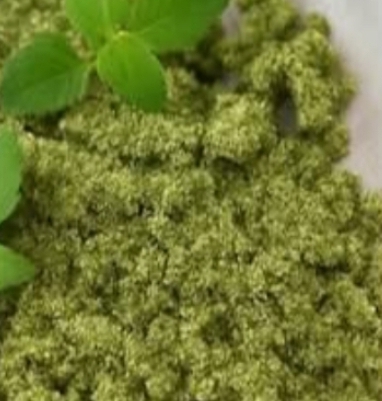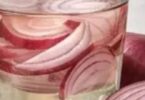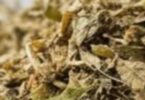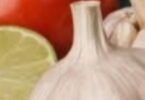What Are Mint Leaves?Mint leaves come from plants in the Mentha genus, with spearmint and peppermint being the most common varieties. Rich in vitamins A and C, antioxidants, and menthol, mint leaves have been used for centuries in traditional medicine and culinary dishes. For seniors, mint is appealing because it’s widely available, budget-friendly, and easy to use in teas, salads, or even as a natural air freshener. Whether grown at home or bought fresh or dried, mint leaves bring a burst of flavor and potential health benefits to your lifestyle.1. Supports Digestive HealthDigestive issues like bloating or indigestion can become more common with age, but mint leaves may offer relief. Menthol, a key compound in mint, may relax digestive tract muscles, easing discomfort, according to WebMD. A 2019 study in Journal of Clinical Gastroenterology found that peppermint may help reduce symptoms of irritable bowel syndrome. Seniors can enjoy mint tea after meals to promote smoother digestion, but start with small amounts to ensure it suits your stomach.2. Boosts Energy and Mental ClarityFeeling energized and focused is essential for seniors enjoying active or retired lifestyles. Mint’s invigorating aroma may stimulate mental alertness, per a 2024 article in Times of India. Additionally, the vitamin C in mint supports energy production, according to the National Institutes of Health. Sipping mint-infused water or inhaling the scent of crushed mint leaves could provide a gentle, natural pick-me-up during the day.3. May Ease Respiratory ComfortBreathing comfortably is a priority for seniors, especially during cold season or allergy flares. Menthol in mint leaves may help open airways and soothe respiratory discomfort, per a 2023 study in Nutrients. While not a substitute for medical treatment, drinking mint tea or inhaling steam from hot mint-infused water may offer temporary relief for mild congestion. Always consult a doctor for persistent respiratory issues.4. Promotes Oral HealthMaintaining oral health is crucial for seniors, and mint leaves can play a role. Mint’s antibacterial properties may help freshen breath and reduce harmful bacteria in the mouth, according to a 2018 study in Phytotherapy Research. Chewing fresh mint leaves or using mint-infused water as a rinse (not a replacement for brushing) can support a healthy mouth. This is especially helpful for seniors who want a natural way to keep their breath fresh.5. May Reduce InflammationChronic inflammation can affect overall health as we age, but mint leaves contain antioxidants like rosmarinic acid that may help. A 2024 study in Food & Function suggested that mint’s anti-inflammatory properties could reduce mild inflammation in the body. Adding mint leaves to smoothies, teas, or salads could be a tasty way to support wellness, alongside an anti-inflammatory diet rich in fruits and vegetables.6. Supports Skin HealthAging skin often needs extra care, and mint leaves may contribute to a healthy complexion. Their antioxidants may protect skin cells from damage, per a 2024 article in StyleCraze. Mint’s cooling effect can also soothe irritation when used topically in a diluted form, such as a mint-infused water rinse. For seniors, incorporating mint into their diet or skincare routine could complement efforts to maintain vibrant skinHow to Use Mint Leaves SafelyMint leaves are versatile and easy to incorporate into daily life. Here are some practical ways for seniors to enjoy them:Mint Tea: Steep 5–10 fresh or dried mint leaves in hot water for 5–10 minutes. Strain and sip warm, or chill for a refreshing iced tea.Smoothie Boost: Blend a few mint leaves into a fruit smoothie for a fresh, cooling flavor.Culinary Touch: Chop fresh mint and sprinkle over salads, soups, or grilled vegetables for a burst of flavor.Aromatherapy: Crush fresh mint leaves and inhale the scent for a mental boost, or add to a bowl of hot water for steam inhalation.Skin Rinse: Dilute mint-infused water (cooled) and use as a gentle face rinse, testing on a small area first to avoid irritation.Tips for Safe Use:Choose fresh, organic mint or pesticide-free dried mint to avoid chemicals.Start with small amounts (e.g., 1 cup of tea daily) to assess tolerance.Store fresh mint in the fridge wrapped in a damp cloth for up to a week.Consult your doctor if you take medications, as mint may interact with certain drugs, like those for acid reflux or blood pressure.







